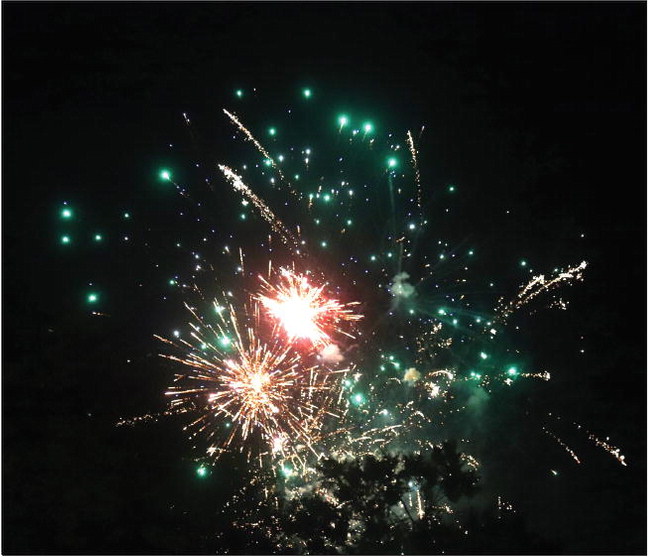continued from page and won ….


continued from page
and won (Worcester v. Georgia), but President Andrew Jackson refused to enforce the decision.
The Cherokee Nation eventually divided between those who wanted to fight and a “Treaty Party” that saw the writing on the wall and wanted to surrender as a means of cultural survival. By 1835, the latter group, led by Major Ridge, John Ridge, and Elias Boudinot, signed the Treaty of New Echota without the authority of Principal Chief Ross or the Cherokee government. Chief Ross gathered 16,000 Cherokee signatures against the treaty, proving that the majority of the tribe disagreed with it, but the treaty stood, and that was that.
The park ranger shared another disturbing detail: During the land lottery that gave Cherokee land to whites, recipients were asked to wait until the Cherokee were evacuated, but many families didn’t wait. They showed up at homes in North Georgia and demanded the Cherokee leave their property immediately. Some were evicted in harsh weather conditions with children and infants with nowhere to go.
In 1838, soldiers rounded up the remaining Cherokees and marched young and old to an Indian Territory established in Oklahoma. Historians estimate that over 4,000 Cherokees died on the Trail of Tears—a 1000-mile trek that took over four months.
We Americans have not always been on the heroic, peace-keeping side of history, and we need to understand that and more importantly, own it. I’m a believer that we should study these dark chapters of history and learn from them. History should never be sanitized or erased.
Today, my husband and I own eight acres in what was once Cherokee lands. I wonder about the peaceful families who once occupied these woods, and I hope when they were removed, they survived the journey and went on to live lives that had some joy in them after the terrible atrocity that happened here. I no longer pretend to be an Indian as I did in my childhood, but I do stop from time to time and think how the Cherokee felt being forced to leave this lovely land—their home. Perhaps the most meaningful way we can honor those who suffered is by carrying their stories forward into the future with the truth they deserve.




NITTY GRITTY
Posted on